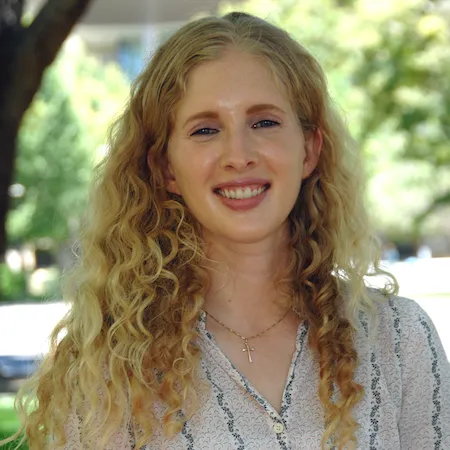When a major policy change occurs, policy entrepreneurs—advocates who devote substantial time, energy, and resources to campaigning for a particular policy outcome—are often credited as critical drivers. However, there is little systematic, cross-sectional study of the efficacy of policy entrepreneurs and how they shape outcomes. I investigate policy entrepreneurship in municipalities across New York, where local anti-fracking advocates successfully encouraged hundreds of localities to pass policies opposing high-volume hydraulic fracturing (fracking), 2008–2012. Analysis of original municipal survey data and an original archive of municipal policy actions shows that the presence of a policy entrepreneur significantly predicts a municipality’s likelihood of adopting an anti-fracking policy. Jurisdictions that experienced more policy entrepreneur advocacy adopted more policies. Under some conditions, they also were more likely to evince structural signatures of “salami tactics,” a tiered advocacy strategy policy entrepreneurs are theorized to employ. Anti-fracking policy entrepreneurs were more successful when they had a larger number of entrepreneurial characteristics, particularly local government political acumen and substantive policy knowledge.
Presenters

Gwen Arnold

Gwen Arnold
Dr. Gwen Arrnold is an assistant professor in the Department of Environmental Science and Policy and specializes in environmental policy. Arnold completed a PhD in public policy at Indiana University. She joined the University of California, Davis faculty in 2013, coming from the Department of Political Science at University of Cincinnati. Gwen's research focuses on decision-making by front-line government managers, both within U.S. municipalities and within natural resource agencies. She also studies diffusion of policy innovations across sub-state jurisdictions, federalism dynamics in the United States, and how government officials use scientific information in environmental management choices. Substantively, her prior work focused on wetland management, while her current work focuses on high-volume hydraulic fracturing (widely known as "fracking"). Her research methods include surveys, interviews, social network analysis, content analysis, and statistical modeling.